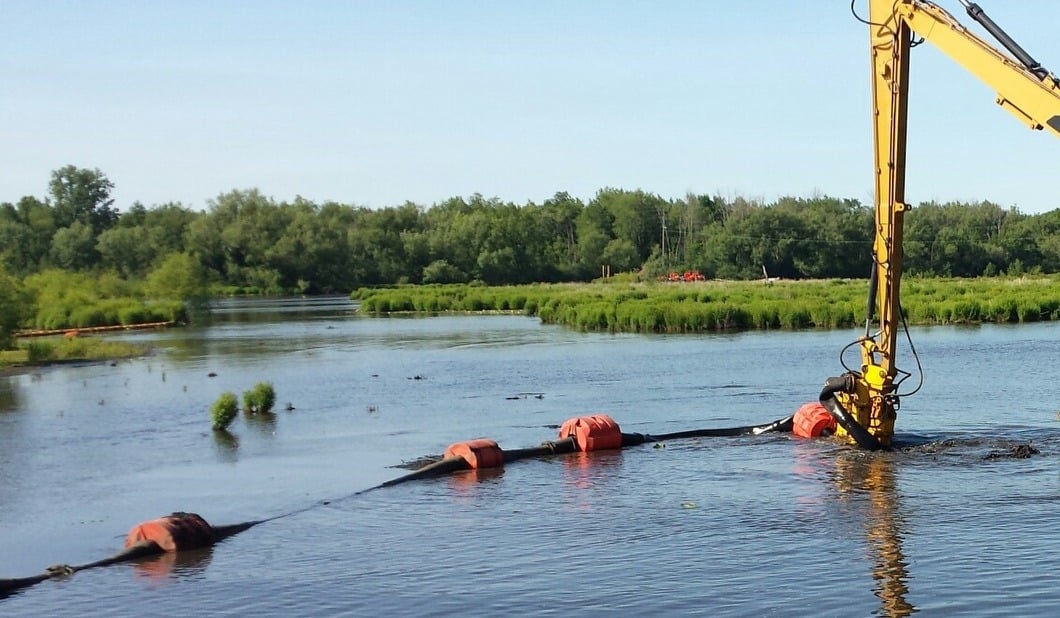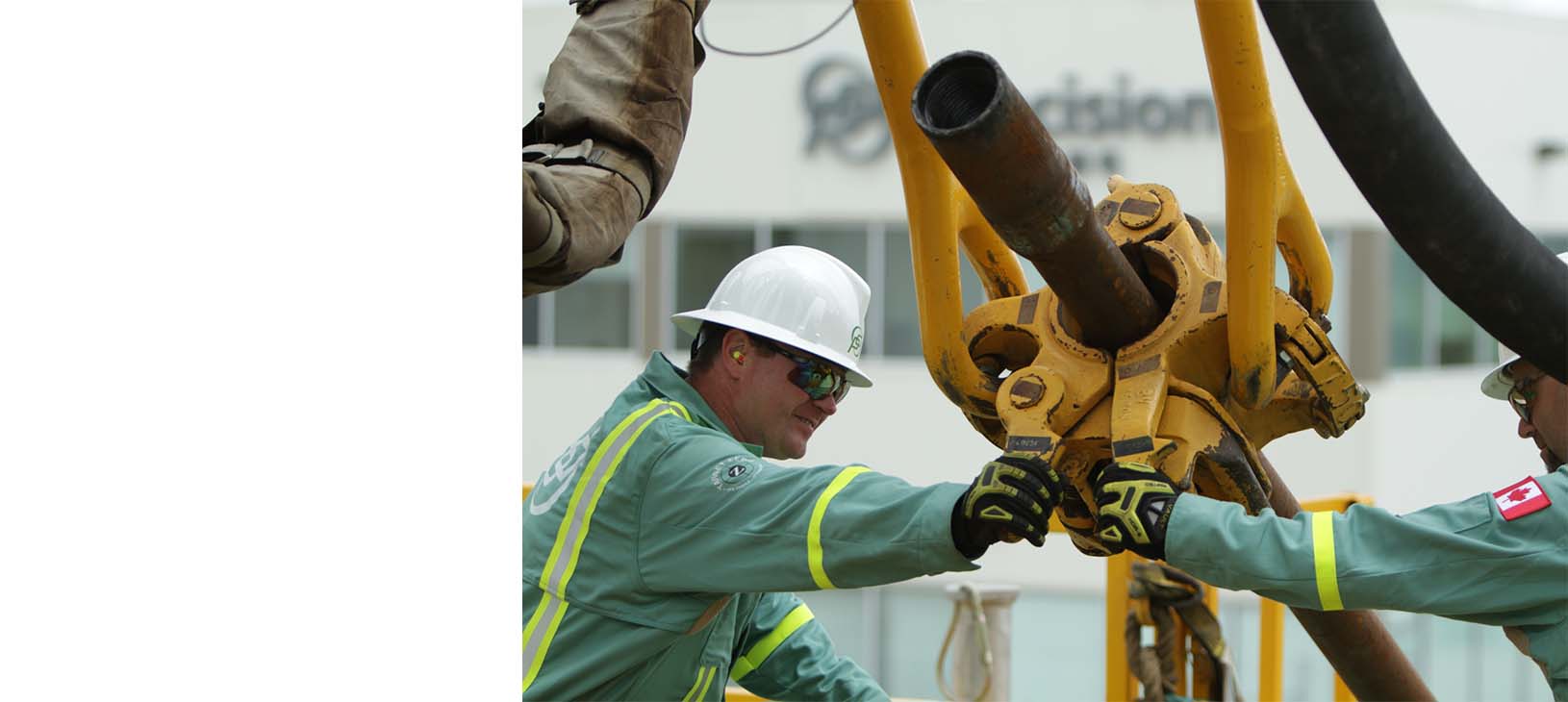Superior Oilfield Rentals Texas: equipment portfolio explained
A Comprehensive Guide to the Numerous Types of Oil Field Equipment and Pipeline Equipment Available
The oil and gas market relies greatly on customized tools for efficient removal and transport. Different kinds of machinery, from piercing rigs to tank, play important duties in this intricate process. Each piece of devices serves distinctive features that add to total functional success. Comprehending these components is crucial for anyone involved in the market. As the industry progresses, so too do the modern technologies that support it. What developments are on the perspective?

Drilling Rigs: The Backbone of Oil Exploration
Drilling rigs work as the important machinery in the domain name of oil expedition, enabling firms to accessibility hydrocarbon reserves buried deep below the Earth's surface area. These rigs can be found in different types, including land rigs, offshore rigs, and mobile units, each designed to run in details settings. Furnished with innovative innovation, piercing rigs can penetrate geological developments with accuracy, ensuring efficient resource removal. The structural stability and operational capacities of these rigs are vital, as they have to endure extreme conditions and substantial stress. The selection of an exploration gear influences the total project price and timeline, making it a crucial factor to consider for oil business seeking to optimize their exploration initiatives and optimize performance in their operations.
Pumps: Necessary for Liquid Activity
In the oil extraction procedure, the function of pumps is substantial, assisting in the movement of fluids throughout numerous phases of manufacturing. Pumps are important for delivering petroleum, water, and various other liquids from below ground storage tanks to the surface and afterwards through pipes to refineries. They can be found in numerous kinds, consisting of centrifugal, favorable displacement, and completely submersible pumps, each serving specific purposes based upon the liquid features and functional requirements. Centrifugal pumps are commonly made use of for their effectiveness in high-flow applications, while positive variation pumps master taking care of thick fluids. The choice of pump effects general efficiency, operational safety, and upkeep prices. Correct choice and upkeep of pumps are vital for optimizing production and reducing downtime in oil area procedures.
Valves: Managing Circulation and Pressure

Shutoffs play a vital role in handling the circulation and pressure of fluids within oil areas and pipes. Various sorts of shutoffs serve distinctive applications, each developed to fulfill details features fundamental for effective procedure - Superior Rentals Contact. Understanding the qualities and uses these valves is essential for optimizing system performance and security
Sorts of Valves
Crucial parts in oil field procedures, shutoffs play a vital duty in controlling the circulation and stress of fluids within pipes and devices. Numerous kinds of shutoffs are utilized to meet the diverse requirements of oil and gas production. Common kinds consist of gateway shutoffs, which give a straight-line flow and marginal pressure decrease; globe shutoffs, known for their strangling capabilities; and round valves, acknowledged for their quick on/off control. In addition, check shutoffs avoid backflow, while butterfly valves use a light-weight solution for regulating circulation. Each shutoff kind is created with specific products and arrangements to stand up to the harsh problems commonly discovered in oil areas, guaranteeing integrity and efficiency in operations. Understanding these kinds is important for reliable system management.
Valve Applications and Features
While numerous kinds of valves offer unique objectives, their primary applications focus on controlling circulation and pressure within oil and gas systems. Valves such as gate, globe, and sphere shutoffs manage liquid activity, making certain peak efficiency and safety. Gateway shutoffs are typically utilized for on/off control, providing minimal flow resistance. Globe shutoffs, on the other hand, deal specific circulation policy, making them suitable for strangling applications. Round valves are favored for their quick procedure and tight securing capacities. On top of that, pressure safety valve are crucial for protecting against system overpressure, securing tools stability. On the whole, the appropriate selection and application of shutoffs boost functional efficiency, making sure the dependable transportation of oil and gas with pipelines and handling facilities.
Compressors: Enhancing Gas Transport
Compressors play a crucial function in the efficient transportation of gas, ensuring that it relocates smoothly through pipes over long ranges. These devices raise the pressure of gas, permitting it to conquer rubbing and altitude changes within the pipeline system. Additionally, compressors promote the harmonizing of supply and need, fitting changes in usage and manufacturing rates. Numerous kinds of compressors are used in the industry, consisting of centrifugal, reciprocating, and rotating screw compressors, each offering unique benefits based on the functional needs. Routine upkeep of these compressors is essential to take full advantage of performance and decrease downtime, ultimately contributing to a trustworthy gas transport network. Their important function highlights the relevance of compressors in the overall oil and gas infrastructure.
Storage Tanks: Safe and Reliable Fluid Administration
Reliable transportation of natural gas counts on numerous sustaining systems, among which is the proper administration of storage space tanks. These storage tanks play a crucial duty in securely containing fluids, making certain that functional performance is preserved while minimizing environmental dangers. Created from long lasting materials, they are designed to stand up to high stress and corrosive components. Correctly sized and purposefully situated, tank help with the smooth flow of Website all-natural gas and other fluids, Continue avoiding bottlenecks in supply chains. Normal upkeep and tracking are vital to identify leakages or structural issues, advertising security and compliance with regulatory standards. Inevitably, the efficient administration of storage containers is essential for the total honesty and dependability of the oil and gas industry's liquid handling systems.
Pipeline Solutions: Infrastructure for Transportation
Pipeline systems offer as the foundation of the oil and gas sector, helping with the effective transport of hydrocarbons over large ranges. These systems contain numerous components, including pipes, shutoffs, pumps, and compressors, all carefully made to ensure seamless flow. The materials used in pipeline construction, usually steel or high-density polyethylene, are selected for sturdiness and resistance to corrosion. Pipeline networks can span across land and water, connecting manufacturing sites to refineries and warehouse. Additionally, progressed technology enables real-time tracking of flow rates and stress levels, boosting functional efficiency. The tactical placement of these pipelines reduces environmental effect while making the most of resource accessibility, thus playing an essential function in conference energy needs around the world.
Security Equipment: Guaranteeing Worker and Environmental Management
The operation of pipeline systems, while essential for energy transport, additionally provides significant safety and security obstacles for employees and the atmosphere. Security equipment plays a substantial duty in reducing these dangers. Individual protective tools (PPE) such as helmets, handwear covers, and non-slip footwear safeguards employees from physical threats. In addition, gas discovery systems keep an eye on for leaks, ensuring that dangerous compounds do not posture a danger to personnel or the surrounding ecological community. Emergency situation shutdown systems are vital for rapidly stopping operations during a dilemma, stopping prospective disasters. Spill control products, consisting of absorbents and barriers, are fundamental for lessening ecological effect. Generally, purchasing comprehensive security tools is important for maintaining operational stability and securing both employees pipeline companies near me and the setting in the oil and gas field.

Frequently Asked Questions
Exactly how Do I Select the Right Oil Field Equipment for My Project?
Picking the best oil field devices involves reviewing task specifications, spending plan restrictions, and operational needs. Think about elements such as devices reliability, compatibility with existing systems, and the supplier's reputation to assure peak efficiency and safety and security.
What Are the Upkeep Needs for Oil Field Equipment?
Maintenance needs for oil field equipment consist of regular inspections, lubrication, and timely repair work. Operators should also follow manufacturer standards, screen efficiency metrics, and warranty conformity with safety guidelines to boost longevity and effectiveness.

Just How Can I Guarantee Conformity With Environmental Rules?
To assure compliance with environmental laws, firms should perform regular audits, implement best practices, buy training, keep correct paperwork, and stay upgraded on regulation (Superior Oilfield Rentals Texas). Partnership with ecological agencies can also boost adherence to policies
What Is the Average Life-span of Pipeline Equipment?
The ordinary lifespan of pipeline equipment usually varies from 20 to half a century, depending on aspects such as worldly top quality, environmental problems, and upkeep techniques. Routine assessments can greatly affect longevity and functional efficiency.
How Do I Safely Move Oil Field Equipment to Remote Locations?
Delivering oil area devices to remote places requires cautious planning, consisting of path assessment, securing authorizations, making use of appropriate lorries, and making certain safety procedures are adhered to. Appropriate training and communication among crews are essential for successful transportation.